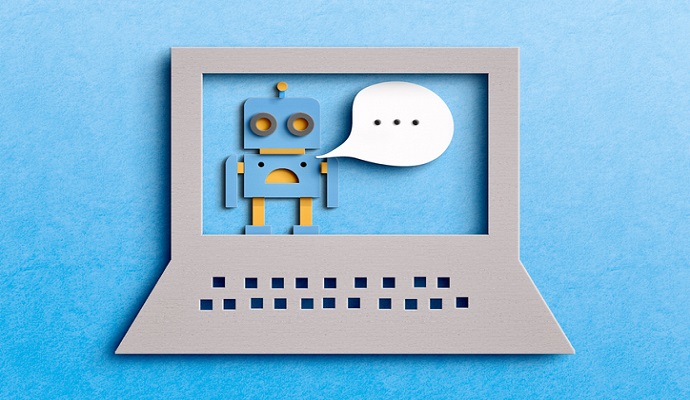Researchers Propose ChatGPT-Based Personalized Disease Burden Tool
Researchers have proposed the creation of a personalized disease burden assessment and planning tool based on ChatGPT and the Global Burden of Disease study.

Source: Getty Images
- In a recent article published in Cureus, researchers posited that combining ChatGPT with insights from the Global Burden of Disease study could help create an artificial intelligence (AI)-assisted personalized disease burden (AI-PDB) assessment and planning tool.
Using this tool, clinicians could develop customized care plans that take patients’ preferences and lifestyles into account.
Such a tool would leverage big data from the Global Burden of Disease study, which helps provide comprehensive insights into disability and mortality across time, countries, sex, and age. The research contains significant data on injuries, risk factors, and diseases that lead to health loss.
The study is designed to incorporate both the prevalence of a risk factor or disease and the relative harm caused. With these data, health systems can compare health issues and their impacts to improve care and address disparities.
The researchers indicated that the Global Burden of Disease study’s broad focus limits its utility for personalized medical plans, but that ChatGPT may be able to help tackle this. The chatbot quickly processes large amounts of information, but its accuracy and the quality of its responses are both dependent on its training data.
By integrating large volumes of high-quality Global Burden of Disease data with ChatGPT, the authors argued that the limitations of both can be mitigated.
After these limitations are properly addressed, the researchers suggested a model in which clinicians use ChatGPT to combine Global Burden of Disease insights with individual patient characteristics to generate personalized care plans.
This could lead to the creation of an AI-PDB assessment and planning tool, but the authors cautioned that this would require significant oversight, including frequent updates based on changes in the medical literature or patient needs and expert evaluation to ensure that the tool is both accurate and does not perpetuate biases.
“For the successful integration of data-driven GBD insights and the user-friendly AI chatbot ChatGPT-4, healthcare professionals and stakeholders must adopt a collaborative, balanced, and dynamic approach,” the researchers wrote. “This involves incorporating both resources into individualized care while critically and ethically evaluating the created output. Recognizing each system's strengths and limitations will result in a better foundation for personalized medical decisions and specific healthcare recommendations.”
To do this, the authors recommended that healthcare professionals and other stakeholders remain vigilant for potential pitfalls with the model, such as accuracy, privacy, and its ability to capture individual nuances. An AI-PDB tool would also come with potential issues related to selection bias, interoperability, and inconsistent definitions.
To combat these challenges, the researchers stated that stakeholders must provide training for those using the tool, ensure equity, accuracy, transparency, compliance with ethical and legal requirements, and promote interdisciplinary collaboration.
Moving forward, the authors indicated that more research into the integration of AI chatbots in healthcare and how newly introduced features of these tools, such as live internet browsing or plugins, could be used in clinical applications.
Since ChatGPT’s launch, many healthcare stakeholders have been evaluating how the tool could be used to improve healthcare.
In April, a report from Accenture found that the tool is poised to potentially transform science, business, and healthcare as more industries adopt it and investigate its utility.
The report revealed that 42 percent of companies expressed interest in making a large ChatGPT investment in 2023 to transform business and industry practices. To maximize the utility of ChatGPT and other AI tools, the report indicated that organizations must focus on prioritizing people, making appropriate investments in technology infrastructure and governance, preparing sufficient proprietary data, and maintaining a business-driven goal.
